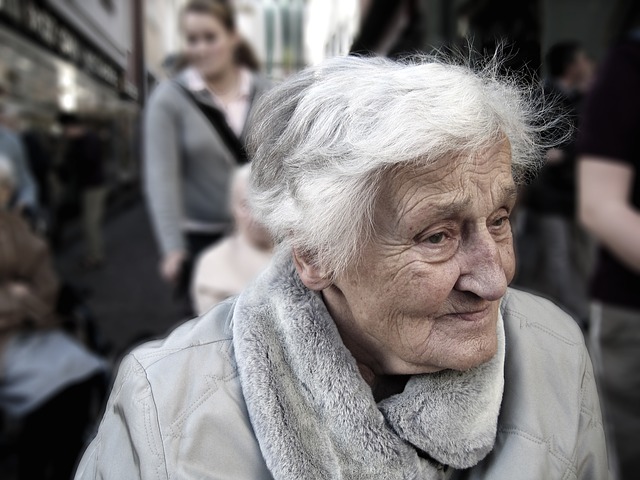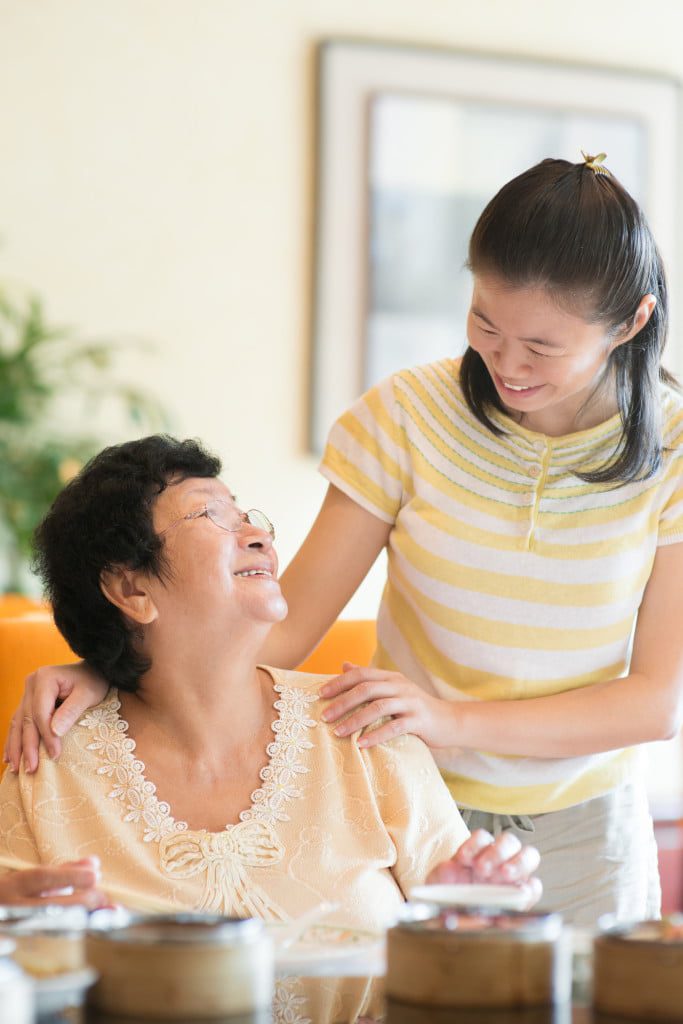 One of the biggest challenges when caring for an Alzheimer’s patient, or a family member with another form of dementia, is the differences between their reality and your own. For many caregivers, it can be tempting to simply correct the patient, telling them that they are wrong.
One of the biggest challenges when caring for an Alzheimer’s patient, or a family member with another form of dementia, is the differences between their reality and your own. For many caregivers, it can be tempting to simply correct the patient, telling them that they are wrong.
However, as anybody who has tried this will know, it does not work very well in practice.
Attempting to correct an Alzheimer’s patient in this way often simply results in a prolonged argument with no easy resolution.
Yet, it can be difficult to cope with this any other way.
Many of us actively resist the idea of ‘pandering’ to the reality of an Alzheimer’s patient. Doing so can seem like giving in and some caregivers feel that if they do so, the delusions that the patient experiences will get worse.
But, the reality is that these delusions are a significant part of Alzheimer’s disease and can also occur with other forms of dementia.
Attempting to correct that delusion simply creates tension and doesn’t end up offering any major advantages. Indeed, you’ll often find that even if the patient ultimately agrees with you about a given topic, they will just slip back into that same delusion (or a different one) soon afterward.
As such, fighting against a delusion just ends up being incredibly tiring and you’re never actually going to make any headway.
In some cases, the delusion may be simple, such as a person being certain that they are hungry, just a few minutes after they have finished a meal.
In other cases, delusions can be considerably more complex.
 For example, as Alzheimer’s disease progresses, patients tend to frequently live in the past. One aspect of this is that their own perception of self changes and they may view themselves as much younger than they actually are.
For example, as Alzheimer’s disease progresses, patients tend to frequently live in the past. One aspect of this is that their own perception of self changes and they may view themselves as much younger than they actually are.
That viewpoint then plays a key role in how the patient interprets the world around them – and it is one reason why patients often end up viewing their own children as being their parents as the disease progresses.
But, regardless of whether the delusion is simple or complex and whether it seems realistic or absurd to you, learning to accept this reality is important. If you can do this, then it can make the process of caregiving considerably less stressful. Doing so can also help contribute to a better quality of life for the patient.
The basic idea of doing this is to avoid correcting the patient or arguing about what is real and what isn’t. Instead, emphasize the idea of being loving and kind, while learning how to redirect.
Redirecting a Dementia Patient
With redirection, you’re not trying to correct a flawed thinking pattern. Instead, you’re shifting the focus. This technique is based on the idea of dealing with one moment at a time.
For example, if a patient says that they are hungry, even after they have just eaten, our natural response would be to argue. Clearly, it isn’t healthy for the senior to eat meals constantly throughout the day and the person probably isn’t actually hungry in the first place.
Instead of arguing, redirection could involve smiling and saying that you will get them something once you’re finished with your current task or in a few minutes. Doing so defuses the conversation without resulting in a fight.
In most cases, the patient won’t actually remember about the food once the time has passed and if they do, you can choose to redirect again. Additionally, if the patient does consistently feel hungry then it may be an indication that they simply didn’t eat enough the first time around.
Often, the simplest way to redirect a dementia patient is to simply agree with them, especially if the topic doesn’t require immediate action.
 For example, if the senior talks about going out next Sunday to an event, the simplest answer would be something along the lines of ‘okay’ or ‘that sounds great’.
For example, if the senior talks about going out next Sunday to an event, the simplest answer would be something along the lines of ‘okay’ or ‘that sounds great’.
It doesn’t actually matter whether the event is even occurring or whether the senior would actually be able to go. Agreeing with the reality is what matters and again, it helps to resolve the situation.
One other common example is cases where a senior may ask about a person who is not around anymore or about a situation that is some distance in the past. This can often happen when patients are living in the past and this is shifting their reality.
For most of us, the natural approach is to argue, especially if the senior is confusing you with somebody else. However, with redirection, sometimes the simplest way is just to answer the question as if it was realistic.
To do so may involve making up a story as a response or drawing on an old memory.
While doing so may be painful, it tends to be less painful and less stressful than trying to fight a losing battle against how the patient views the situation.
Essentially, redirection involves remembering that, in most cases, it doesn’t actually matter if the patient’s view of reality is wrong. We all have that urge to correct and to align the patient’s view with the real world. Yet, there is no actual benefit in doing so.
Instead, the process of redirection is a more loving approach, which makes the conversation about the patient, rather than about you.
 One final example of redirection is to switch to something that they are excited about.
One final example of redirection is to switch to something that they are excited about.
This may be something to use in situations where basic redirection does not work.
So, it may include things like ‘should we go to McDonalds?’ or ‘would you like an ice cream?’.
Each person will have their own things that make them excited but if you can figure them out, it tends to be a good way to move off stressful topics.
For example, when I was caring for my mother-in-law, one redirect was to put on an old movie, like one of the Abbott and Costello films or just listen to music from when she was young. Both techniques were a good way to change the focus entirely.
Learning to respond to seniors in this way does take time and practice, especially as it is easy to revert back to trying to correct them. However, if you can get used to doing this, you’ll notice that it makes interactions considerably easier and less stressful.
And, honestly, caregiving is stressful enough at the best of times. Any technique that can make it easier is well-worth following.
Feeling Overwhelmed?
Check out our Caregiving Consulting service for personalized support and guidance.

Leave a Reply